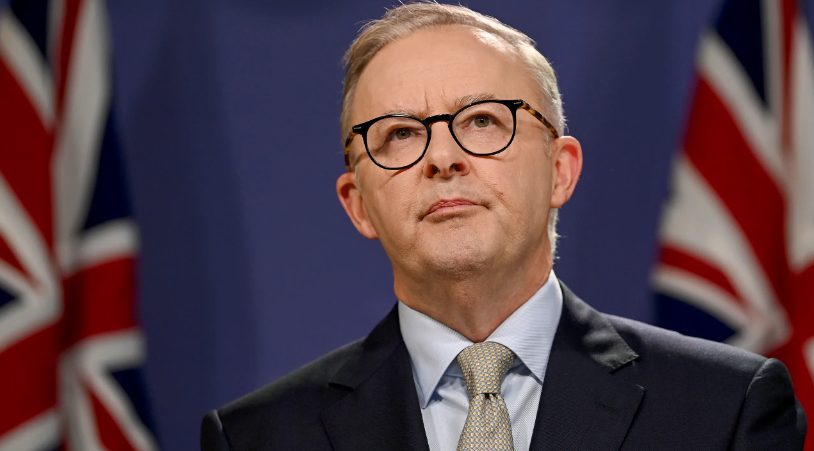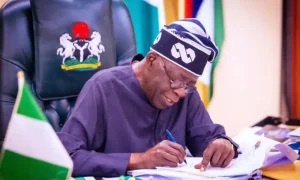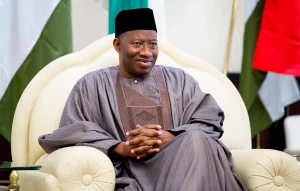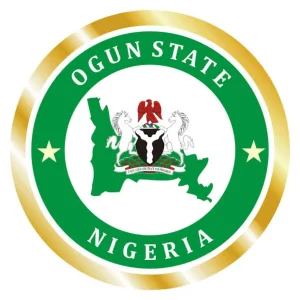

Australia will formally recognize a Palestinian state at the United Nations General Assembly in September, Prime Minister Anthony Albanese announced Monday, joining a growing list of nations moving in that direction amid renewed global debate over the Middle East conflict.
Framing the decision as “part of a coordinated global effort building momentum for a two-state solution,” Albanese said Canberra’s recognition is contingent on commitments from the Palestinian Authority, including the exclusion of Hamas from any governing role, demilitarization of Gaza, elections, and reforms such as ending payments to convicted attackers and their families.
“A two-state solution is humanity’s best hope to break the cycle of violence in the Middle East and to bring an end to the conflict, suffering and starvation in Gaza,” Albanese told reporters, adding that the PA has pledged to affirm Israel’s right to exist in peace and security.
The announcement marks a swift reversal from just two weeks ago, when Albanese publicly dismissed any imminent move.
It also follows high-profile recognition announcements in May by France, Spain, Norway, and Ireland, decisions that triggered criticism from Jerusalem.
The United Kingdom has signaled it may follow suit, while New Zealand says it will decide in September, with Foreign Minister Winston Peters promising to present its stance at the UN Leaders’ Week.
The shift in Canberra comes after weeks of domestic and diplomatic pressure, including a mass pro-Palestinian march across the Sydney Harbour Bridge and calls from within Albanese’s own cabinet.
Israeli Prime Minister Benjamin Netanyahu, speaking ahead of Monday’s announcement, denounced the recognition moves by Australia and European states as “disappointing” and “shameful,” arguing they reward terrorism.
Israel’s ambassador to Australia, Amir Maimon, echoed that sentiment, warning the decision “undermines Israel’s security” and “weakens the cause” of peace.
“Peace is built by ending terror, not rewarding it,” Maimon said, accusing Canberra of “abandoning” the conditions Albanese himself had set only last month.
Within Australia, the move has drawn strong reactions. Daniel Aghion, president of the Executive Council of Australian Jewry, said the government had “departed from decades of bipartisan consensus” and accused it of removing incentives for the Palestinians to negotiate.
“This commitment removes any incentive or diplomatic pressure for the Palestinians to do the things that have always stood in the way of ending the conflict,” Aghion said, calling the decision “a betrayal” of Israeli hostages still held in Gaza.
Recognition of a Palestinian state, a goal backed by most UN members but resisted by Israel and its closest allies for decades, has regained international traction since the Gaza war reignited last year.
France, Spain, Norway, and Ireland made their announcements in May, citing the urgency of halting the humanitarian crisis in Gaza and reviving peace prospects. The UK, Japan, and other nations are reportedly weighing similar steps.
While supporters argue recognition is a diplomatic push toward ending the conflict, critics contend it could embolden Hamas and other armed groups, hardening positions rather than fostering compromise.
Albanese acknowledged the controversy but insisted political solutions are necessary. “It seems to me very clearly that we need a political solution, not a military one,” he said, describing his call with Netanyahu as “civil” but unchanged in substance from past conversations.
Australia to recognize Palestinian state next month as global momentum builds





